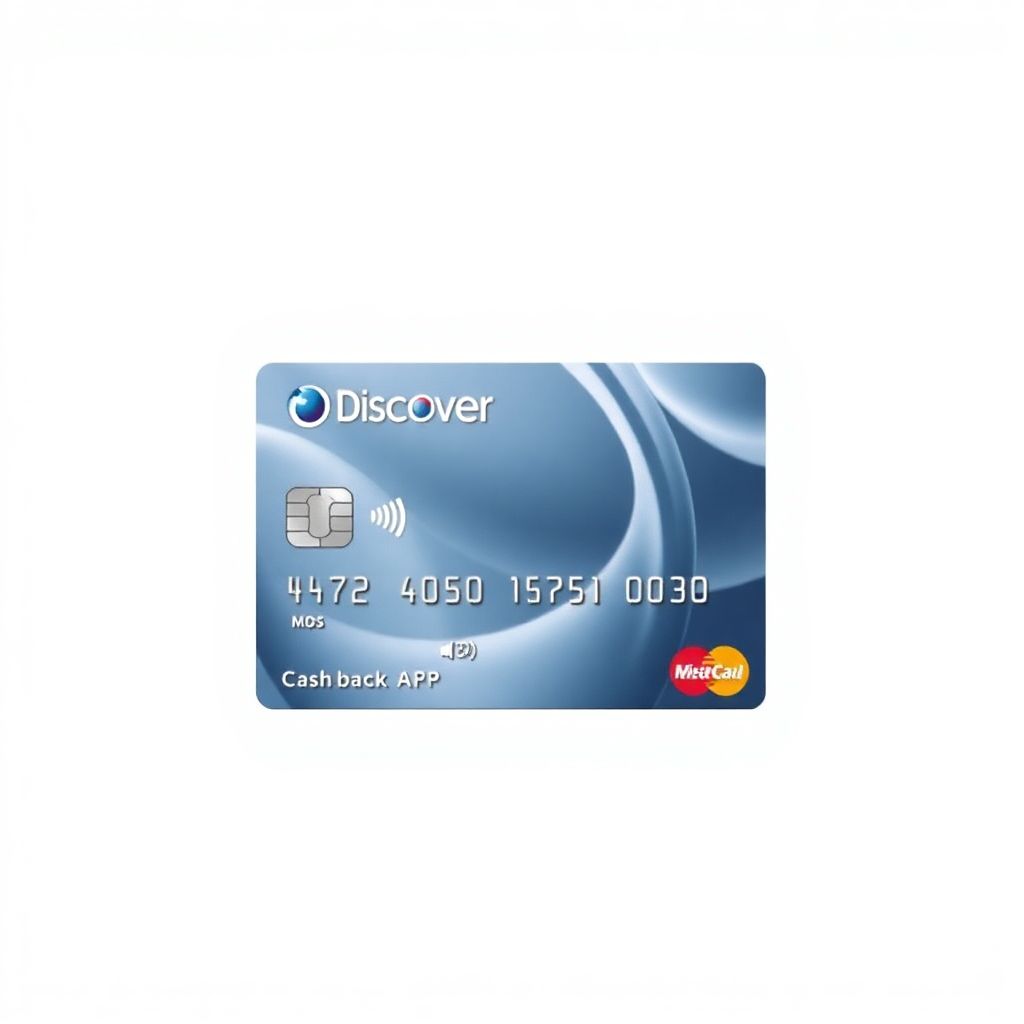Introduction
Applying for a credit card may feel like a daunting venture in the beginning. The truth is, a credit card is actually quite a versatile thing for day-to-day spending, rewards, and credit building. Today, more consumers are applying for credit cards than at any time in the past. Recent statistics indicate that more than 70% of adults in the US hold at least one credit card. With the sea of choices available, one can become lost. This guide will help in choosing a card before preparation and ensures maximum approval chances. Let us start and make your credit success.
Understanding Credit Cards and Their Benefits
What Is a Credit Card?
Credit cards are usually small cards made of plastic which allow one to purchase a thing now and pay for it later. When the cardholder makes a purchase, the card issuer lends them money for the purchase up to a certain limit. The customer is allowed a billing cycle, usually within a month, to pay back the amount borrowed. Should he, for whatever reason, not pay the entire sum of money he borrowed, interest will be calculated and charged to the amount he owes. The credit limit is the total value the cardholder can borrow on the card, while the rates of interest will be variable depending on one’s credit score.
Advantages of a credit card
There are many advantages you could enjoy:
Help build your credit history for future loans or mortgage
Rewards programs redeem cash, points, or miles for spending
Things included are purchase protection and extended warranties or fraud alert
Emergency funds in case unexpected expenses raise their heads
Convenient means to shop either online or in stores
Common Types of Credit Cards
Different cards would suit different needs:
Rewards cards: earn points or miles on purchases.
Cashback cards: get a percentage back on spending.
Student cards: tailor-made for new credit users or young credit users.
Secured cards: requiring a deposit to help rebuild credit.
Premium or luxury cards: include special perks like travel insurance and exclusive discounts.
Preparation for Your Credit Card Application
Assessing Your Financial Situation
Before applying, assess your finances. How much income do you have? What are your monthly expenses? Do check your existing debts and any current credit score from online sources. Knowing your current standing helps in appraising your choices and landing with the right card. Look to match the environment with one that suits your income and credit standing.
Acting on Raising Your Credit Score
Want better approval odds? Boost Credit score steps would include:
Paying bills on time, year after year.
Keeping credit card balances low—below 30% of the limit preferably.
Fix errors from the credit report
Do not open too many new accounts in a short span of time.
Clear small debts or collections.
Gathering the Documentation Required.
Have these ready:
Proof of income, like pay stubs or bank statements.
Valid identification (driver’s license, passport)
Proof of residence, such as a utility bill.
Social Security or Tax ID number.
This will expedite the process and save delays.
How to Choose the Right Credit Card
Comparing Credit Card Offers
Look at interest rates, rewards, and fees. A card with a low annual percentage rate (APR) is better if you carry a balance. Check the sign-up bonus and see if the rewards fit your spending habits.
Rewards Programs and Benefits Evaluated
There are different rewards:
Points program: Earn points per each dollar spent that can be redeemed for travel or gift cards
Cashback: Get a percentage back of the total purchases, such as 1-5%
Additional benefits: May include travel insurance, rental car coverage, or airport lounge access
You want to choose a rewards program that suits your lifestyle, a frequent traveler, or a big shopper.
Checking Eligibility Conditions
Each card has conditions:
Minimum credit score (some are even 620)
Income requirements
Age restriction (18 years minimum)
Residency status
Evaluate these conditions before you apply; otherwise, you will only create unnecessary hard inquiries.
Fees and Interest Rates to Compare
Always, you consider:
APR-especially if you’re planning to carry a balance.
Fees per year with the premium cards.
Late payment or balance transfer fees.
Foreign transaction costs in the event that they will travel abroad.
Understanding these costs will help in avoiding unpleasant surprises thereafter.
Credit Card Application Process
Online Application Step-by-Step
Most of the applications are efficient:
Filling personal information: name, address, SSN, income
Answering questions on your employment status
Accepting terms and possibly submitting documents
Afterward, wait for approval-or denial-for minutes to days
In-Branch or Phone Applications
Some prefer applying face-to-face or by phone. It offers a chance to confront questions, especially if there are special circumstances or need advice regarding eligibility.
What Next After the Application
Once the application is submitted:
There will be either an immediate approval or a request for additional information
Some cards require a manual review, which can extend the time to a few days
Considerations for approvals are your credit scoring, income, and levels of debt
Be patient; quite often, you will be able to receive a pre-approach offer or pre-qualification in order to evaluate your chances.
Things to Consider that Will Improve Chances for Approval
Accurate and complete application forms
You must always tell the truth. Double-check your entries; delays or denials can arise from mistakes. Giving comprehensive information allows lenders to assess your profile accurately.
Build Your Good Credit History
Keep low balances, pay on time, and avoid opening several accounts within a short period of time. Every positive payment raises up your credit score, and thus helps approvals for future cards.
Consider Offers of Pre-Qualification
Pre-qualification gives you a small chance of seeing whether you would be granted approval much farther down the line through a hard inquiry. It is a quick way to get a feel for your chances without damaging your credit.
Consulting References and Financial Experts
Consult friends with good credit or make use of online finance platforms. Trusted assisting hands would put you in the right direction towards the selection of the most appropriate card, including what lenders look for.
End Note
Confusion shouldn’t subdue the act of applying for a credit card. Bring an understanding of your finances, choose the right card, and prepare documentation. Organize and score improve to increase approval chances. Remember, all is achieved through informed decisions in line with your financial goals. With the right knowledge, you’ll find the perfect credit card and get it much faster than you expect.
Such an application does not mean really. Should know about your finances, choose among the many cards available in the market, and then prepare the documents you will need. Top that with score improvement and ensure organization to raise the likelihood of approval. Think about it: it’ll happen through informed decisions that guide you toward your financial goals. Now, with the right knowledge in place, perfect credit cards will fall in favor much faster than you think. Your credit journey starts now—take the first step!

